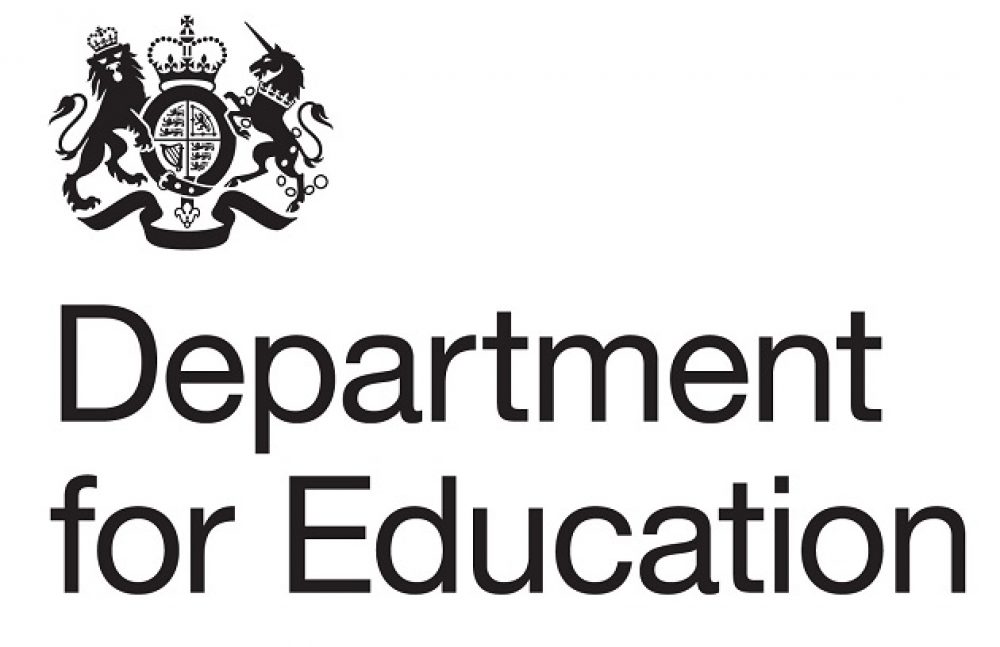The Department for Education has ditched a requirement for free school applicants to prove they have interest from parents.
New school applicants will also not have to provide any evidence they have engaged with the local community where the school is planned, Schools Week can reveal. Parental surveys were previously required with an application to prove demand.
The streamlined process – which also means applicants from schools with good track records do not have to fill out lengthy forms – means a school could open within a year. It will simplify the bidding process and is expected to make David Cameron’s target of 500 new schools easier to reach.
Linda Kennedy, from the DfE’s free schools strategy team, speaking at the Academies Show in Birmingham last week, said while the process was simpler, it did not mean a “lowering of the bar on quality”.
“Schools with good track records won’t have to do as much, just point the DfE to what they already do.”
She said DfE officials would instead judge demand on the basic need for places and how many places there were in schools that were not good or outstanding.
She also revealed the department was considering pre-emptively buying sites for schools in areas with a shortfall of places.
Schools Week revealed in July that more than 50 free schools had postponed opening in the previous two years, mostly over issues with finding a suitable site.
Ms Kennedy said: “We are looking for sites now in basic need areas so when an application comes in we are ready to go . . . schools could open within a year.”
Previous free school applicants had to prove they had support from enough parents to fill year groups for the first two years after they opened.
Applications were also rated higher if they provided “compelling evidence of engagement with a high proportion of the local community”.
Janet Downs, a campaigner for local schools, said: “Judging the basic need on the number of local schools rated requires improvement or inadequate takes no account of the fact that these schools can and do improve.”
She pointed to a National Audit Office report that said informal intervention such as local support was more effective than formal intervention. “Spending millions on a free school would not be cost effective and could threaten the viability of existing schools if there is no need for extra places.”
Martin Campbell, from the Suffolk Coalition Opposing Free Schools group, said the notion of assessing demand for the schools had “always been fictional”.
“The claimed parental demand typically came from small but vocal pressure groups with questionable agendas.”
Schools that had shown demand for their services often still struggled to recruit. Trinity Free School in Brixton, south London, was expected to have 120 pupils in its first year group but opened with just 17 in its first cohort.
Applicants must consult on their plans during the pre-opening stage – after they have had approval but before they enter into a funding agreement with the government.
A DfE spokesperson said applicants had to demonstrate they had “effectively engaged with parents and a cross-section of the local community”.







Your thoughts